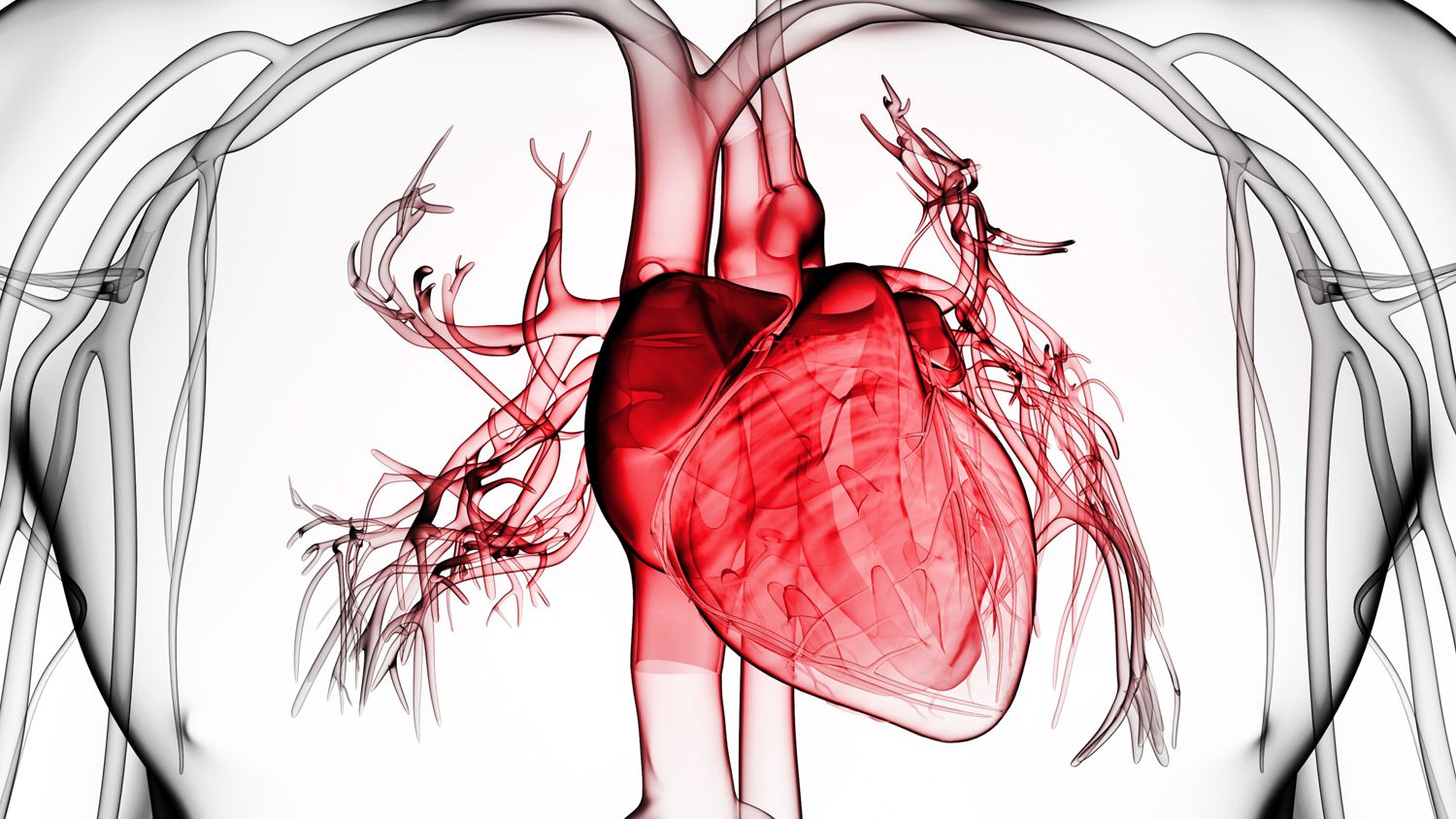The inflammation of the outermost layer of the heart is a serious condition treated by Best Cardiologist in Karachi. This condition can keep the heart from pumping effectively. Read on to know more about pericarditis, its symptoms, causes and management.
What is pericarditis?
The pericardium is the outermost two-layered sac of the heart, which provides lubrication for it and shields it from friction, cancer and infection. Of the two layers, the one closer to the heart is the visceral layer and the outer, more tough layer is called parietal pericardium. This layer tethers the heart to the chest wall and diaphragm. To reduce friction in the two layers, there is minimal amount of pericardial fluid in between.
Infection and inflammation of pericardium, mostly due to viral agents, is called pericarditis. In fact, 80 to 90 percent of the cases of pericarditis occur due to viruses. Typically, this infection lasts for up to three weeks. This duration can be shortened and eased with the use of medication.
What are the symptoms of pericarditis?
Majority of cases of pericarditis present with chest pain, initially. Later, additional symptoms occur, including:
- Fever with chills
- Crushing chest pain that radiates to shoulder or neck (can mimic heart attack)
- Fatigue
- Dry cough
- Weakness
- Difficulty in breathing
- Swelling in the dependent areas—ankles and feet
- Anxiety
These symptoms may worsen on coughing, swallowing lying down and even breathing deeply.
What are the causes of pericarditis?
The causes of pericarditis include:
- Infection: viral, fungal, parasitic and bacterial infections can result in pericarditis.
- Trauma: blunt trauma to the chest, penetrating injuries, bullet and knife wounds can cause trauma to the heart with resultant pericarditis.
- Heart attack: with myocardial infarction there is injury to the heart muscle due to oxygen deprivation, which can also cause inflammation of the pericardium.
- Radiation exposure: history of exposure to radiations is an important cause of pericarditis. In most instances, there is a history of malignancy—particularly breast cancer, lymphoma and lung cancer—in the patient for which they undergo radiation therapy.
- Drugs and toxins: certain medications and toxins result in pericardial inflammation.
- Autoimmune disorders: such as lupus, scleroderma, rheumatoid arthritis can result in pericarditis.
- Cancers: if the cancer metastasizes to the pericardium, for instance, from the lung, breast and Hodgkin’s lymphoma, pericardial inflammation can result.
- Metabolic diseases: metabolic-related pericarditis is mostly secondary to kidney failure.
- Gastrointestinal diseases: pericarditis can occur secondary to GI disorders like inflammatory bowel disease including both Crohn’s disease and ulcerative colitis.
What are the treatment options?
The treatment of pericarditis begins with:
NSAIDS: over-the-counter nonsteroidal anti-inflammatory medication like aspirin are helpful in reducing pain and inflammation caused by pericarditis. Ibuprofen can be used with similar effect. If the pain is more severe, the healthcare provider may prescribe stronger medication.
Corticosteroids: if the other medications do not respond, your healthcare provider may choose to add corticosteroids in the drug regimen to deal with inflammation. The steroid dose is maintained over a period of time and then tapered slowly, over a period of weeks to mitigate the risk of recurrent pericarditis.
Colchicine: in addition to aspirin, colchicine is another drug that improves the symptoms of pericarditis and even decreases the risk of recurrent pericardial inflammation.
Antibiotics: in case of infective pericarditis antimicrobial agents like antifungal and antibiotic medication is helpful in clearing up the infectious agents. For viral pericarditis, however, there is no recommended antiviral agent. Rather, the condition is treated best with anti-inflammatory medication.
Other medication: apart from the aforementioned medication, your healthcare provider may add drugs like azathioprine, anakinra and IV human immunoglobulins.
Pericardiocentesis: this procedure involves removing the excessive infected pericardial fluid from the pericardium with a needle. This procedure plays both diagnostic and therapeutic role in case of fluid buildup in the pericardium. As with any procedure, there are certain risks like bleeding, damage to the heart and infection. Therefore, pericardiocentesis is best performed under supervision of experts like Prof. Dr. Zamir A. Siddiqui.




